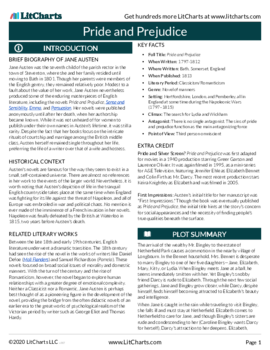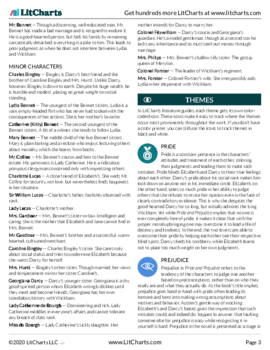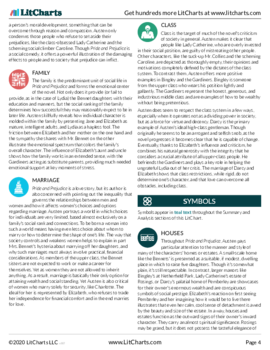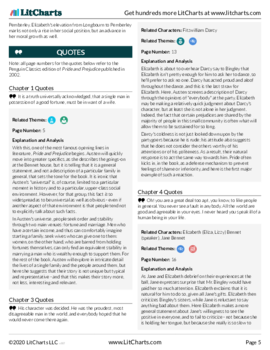- All's Well That Ends Well
- Antony and Cleopatra
- As You Like It
- The Comedy of Errors
- Coriolanus
- Cymbeline
- Hamlet
- Henry IV, Part 1
- Henry IV, Part 2
- Henry V
- Henry VI, Part 1
- Henry VI, Part 2
- Henry VI, Part 3
- Henry VIII
- Julius Caesar
- King John
- King Lear
- Love's Labor's Lost
- A Lover's Complaint
- Macbeth
- Measure for Measure
- The Merchant of Venice
- The Merry Wives of Windsor
- A Midsummer Night's Dream
- Much Ado About Nothing
- Othello
- Pericles
- The Rape of Lucrece
- Richard II
- Richard III
- Romeo and Juliet
- Shakespeare's Sonnets
- The Taming of the Shrew
- The Tempest
- Timon of Athens
- Titus Andronicus
- Troilus and Cressida
- Twelfth Night
- The Two Gentlemen of Verona
- Venus and Adonis
- The Winter's Tale
plus so much more...
-
Allusion
The poem makes one clear allusion, which appears in the second stanza (lines 8-10):
[...] The truth,
he said, was blowin' in the wind,
or round the next bend."Blowin' in the Wind" is a 1962 song by Bob Dylan, and one of the key anthems of the 1960s folk revival and counterculture movement. It's a song about freedom, peace, and the folly of humankind. (Earlier in the stanza, "following the sun from west to east" might also allude to Dylan: the chorus of his famous 1968 song "I Shall Be Released" begins, "I see my light come shining / From the west unto the east.") Within the poem, the Dylan allusion portrays the hitchhiker as a hippie-like character. He doesn't buy into the speaker's conventional workaday lifestyle.
Note, though, the hitchhiker's reference is a little dated. The Vauxhall Astra didn't come out until the 1980s, so there is no way this poem can be set in the 1960s. By this point in the 20th century, capitalist consumerism has largely won out over the idealistic longing of the hippie movement. Perhaps that's partly what enrages the speaker about the hitchhiker.
It's not clear whether it's the speaker or the hitchhiker who says "round the next bend." Either way, it ties in ironically with the main allusion. Perhaps it's a little quip made by the hitchhiker to try and break the ice with the stranger driving the car. Or maybe it's the speaker's own joke to himself. But it's "round the next bend" that the speaker suddenly assaults the man and leaves him for dead. This, in a way, is the speaker's answer to the rhetorical questions posed by a song like "Blowin' in the Wind": he perpetuates the same kind of senseless violence the song critiques.

|
PDF downloads of all 3054 of our lit guides, poetry guides, Shakescleare translations, and literary terms.
PDF downloads of all 1912 LitCharts literature guides, and of every new one we publish.
Learn more
|

|
Explanations for every quote we cover.
Detailed quotes explanations (and citation info) for every important quote on the site.
Learn more
|

|
Instant PDF downloads of 136 literary devices and terms.
Definitions and examples for 136 literary devices and terms. Instant PDF downloads.
Learn more
|

|
Compare and contrast related themes.
Compare and contrast Related Themes across different books.
Learn more
|

|
Teacher Editions for all 1912 titles we cover.
LitCharts Teacher Editions for every title we cover.
Learn more
|

|
PDFs of modern translations of every Shakespeare play and poem.
PDFs of modern translations of every Shakespeare play and poem.
Learn more
|

|
Advanced search across our collection.
Advanced Search. Find themes, quotes, symbols, and characters across our collection.
Learn more
|

|
Line-by-line explanations, plus analysis of poetic devices for lyric poems we cover.
Line-by-line explanations, plus analysis of poetic devices for every lyric poem we cover.
Learn more
|


For every lyric poem we cover.



Literature Guide PDFs
LitCharts PDFs for every book you'll read this year.



Quotes Explanations
For all 42,282 quotes we cover.





Teacher Editions
Time saved for teachers.
For every book we cover.
Common Core-aligned



PDFs of modern translations of every one of Shakespeare's 37 plays, 154 sonnets, and 3 longer poems.


Plus a quick-reference PDF with concise definitions of all 136 terms in one place.





















